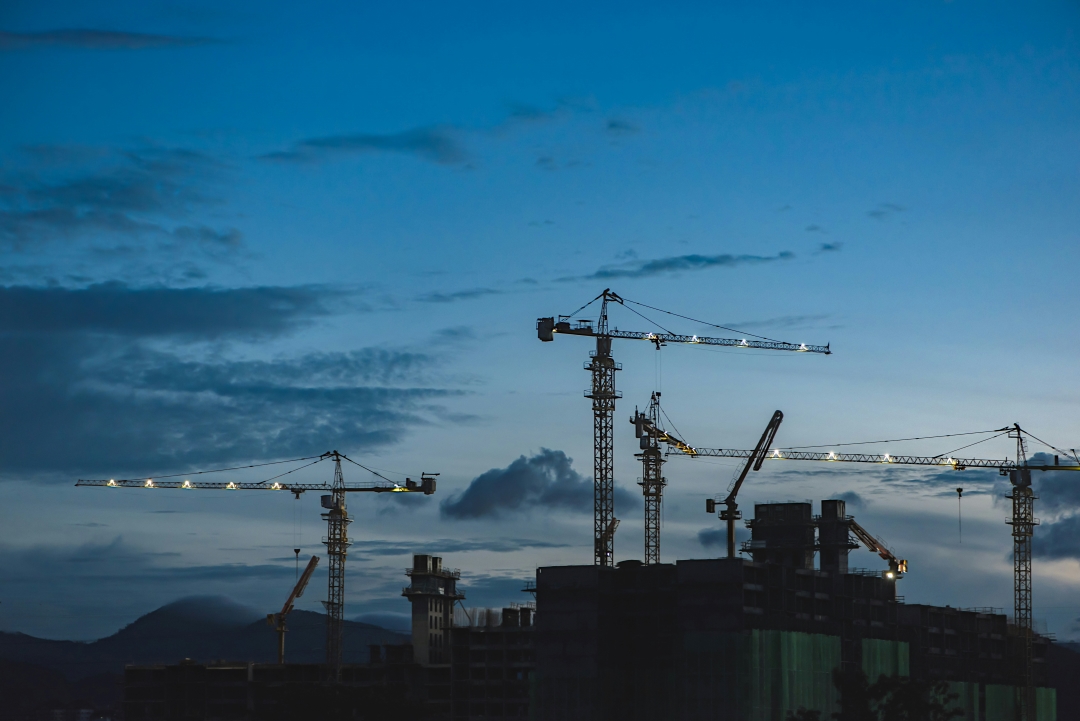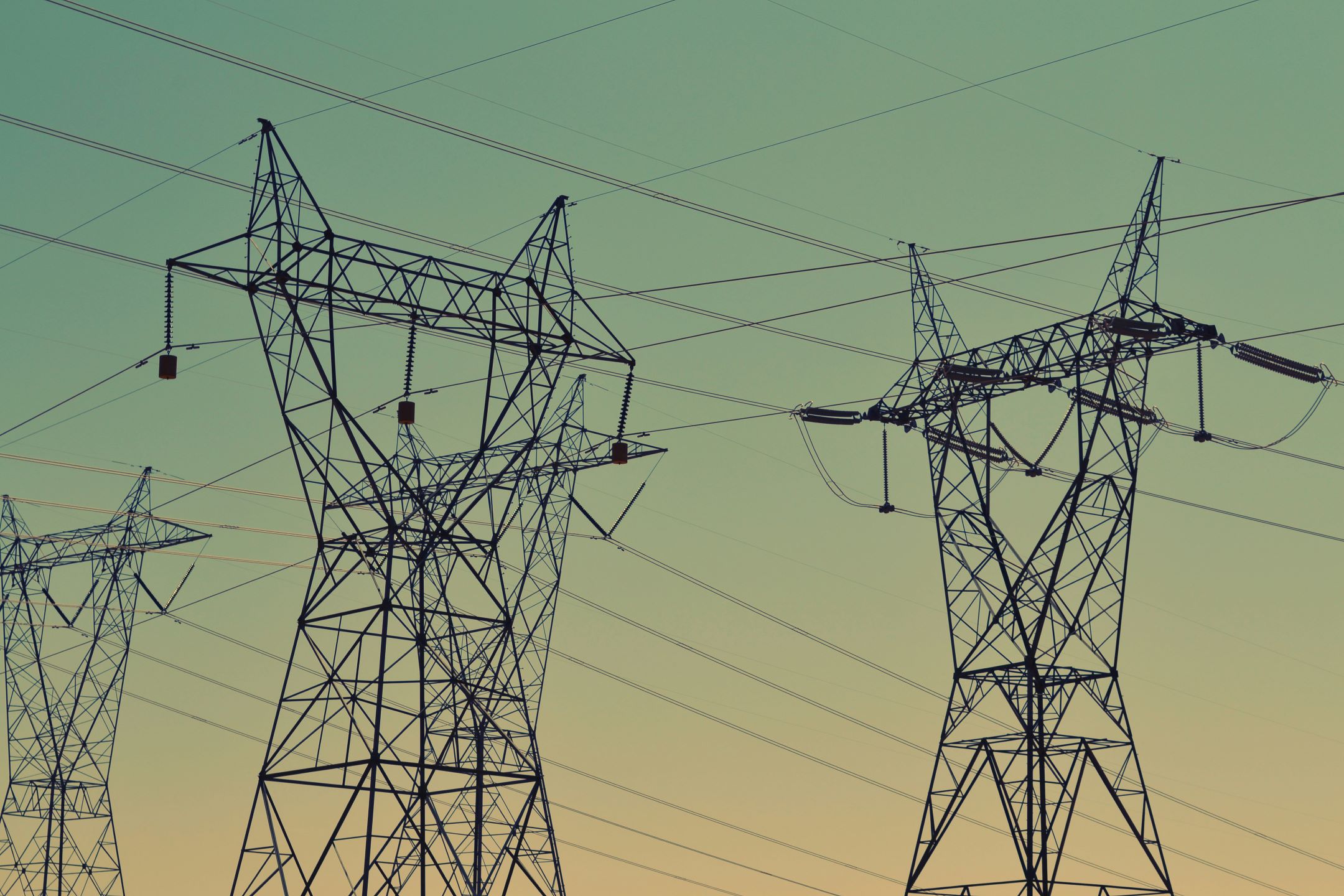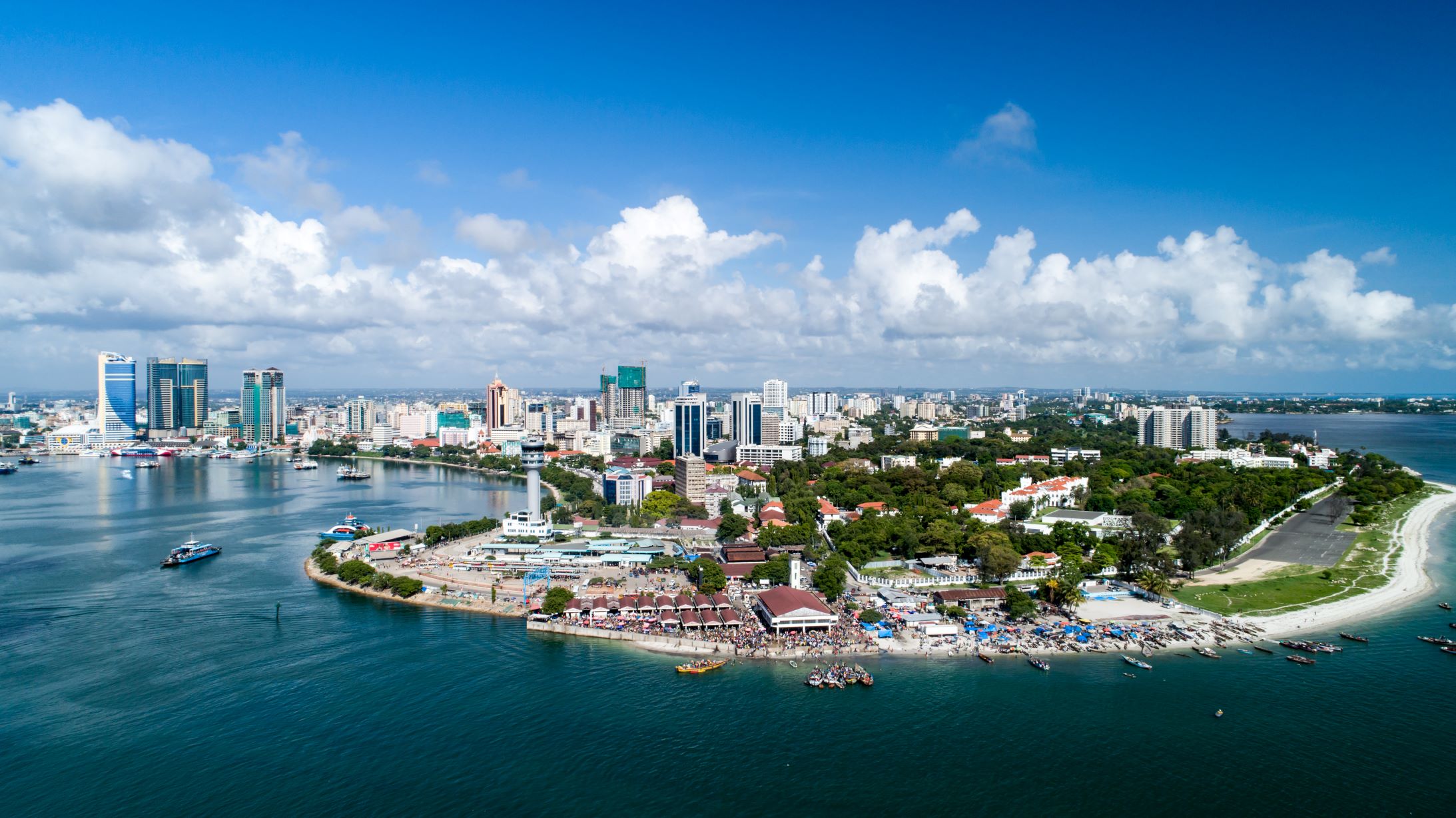Africa
African Fintech Markets to Hit USD 65 Billion in Six Years
With possible increases in the levels of work, investments, and policies, Africa’s fintech market is expected to see massive growth in another six years, taking it to USD 65 billion. By 2030, Africa’s fintech revenue is projected to see a compound yearly growth rate of 32 percent. Then, the African fintech market will be worth around USD 65 billion, according to a recent report by Boston Consulting Group (BCG) and QED Investors. The report found that South Africa, Nigeria, Kenya and Egypt lead the fintech race in Africa.
This is partly due to a lack of legacy infrastructure holding these countries back from exploring new financial ecosystems to serve under-banked and unbanked citizens. Less than 500 million people in Africa are unbanked, whereas just over 410 million are underbanked. Caio Anteghini, partner at BCG Johannesburg, said: “Fintech could be the vehicle to solve the access issue, with smartphones presenting major opportunities in payments and lending for regional champions with full-stack attacker models.” BCG explained that Africa is currently winning the growth race for fintech, with a predicted 13 times growth to be achieved by 2030. The continent is followed by Latin America, with a 12.5 times growth rate.
Source: The Guardian
Africa
AfDB Announces Launch of USD 2 Billion Social Bond Under New Framework
The African Development Bank (AfDB) recently announced that it had launched and priced a USD 2 billion three-year Social Global Benchmark, its first social bond issued under its new sustainable bond framework established in September 2023. In a statement, the bank said the bond is due on 25 February 2027, noting that the programme seamlessly consolidates and enhances its existing green and social bond programme, facilitating the issuance of green bonds, social bonds, and sustainability bonds. The statement also said the new three-year social benchmark is the bank’s first global benchmark of the year, strategically aligning with the robust reopening of primary markets in January 2024.
The statement also stated that the issuance was a significant highlight amid a dynamic week in the sub-Saharan African markets, witnessing the launch of eight benchmarks totalling USD 17.25 billion within two days. The statement further explained that with the transaction, the bank continues its funding strategy of issuing large liquid benchmark transactions and adds another on-the-run reference in the three-year maturity. The issuance received strong support from the global investor community, with an order book over USD 3.5 billion and attracted high-quality investors, including central banks, official institutions, and bank treasuries, constituting 78 percent of the book.
Source: Arise News
Egypt
Egypt to Attract USD 6 Billion in Investments for Renewable Energy Projects
Egypt received requests from Gulf and international investors seeking new licenses for investing in renewable energy projects. The total value of these requests exceeds USD 6 billion, CEO of the General Authority for Investment and Free Zones, Hossam Heiba, announced during an interview with Asharq Bloomberg. The requests are from Europe and the Gulf region, China, and India alliance, who have all expressed their interest in each project valued at USD 2 billion, according to Heiba. He also stated that the new investments target the local market in addition to exporting green energy.
Heiba also announced Egypt’s ambitious plan to double the issuance of golden licenses from 25 licenses in 2023 to over 50 licenses in 2024. To attract more investments, Egypt prioritised several key sectors. These include green energy, industry, technology, data centres, textiles, medicine, health, education, agriculture, and tourism. Egypt aims to foster economic growth and development by focusing on these sectors.
Source: Business Today
Kenya
Kenya Strikes Large Deposits of Mineral Used in Phones, Laptops
Kenya recently announced that the precious coltan mineral, which is used in the manufacture of cell phones, laptops and other communication gadgets, has been found in the country. Mining and Blue Economy Cabinet Secretary Salim Mvurya said adequate coltan deposits have been found in six counties.
The rare metallic mineral, primarily found in the eastern part of the Democratic Republic of Congo (DRC), is mainly used for the production of electronic goods of mass consumption, such as mobile phones, laptops and videogame consoles, and its discovery in Kenya is set to raise the country’s profile as a mineral exporter. Embu is among the counties established to have the precious metal. At Embu County headquarters, Mr Mvurya announced that the government is now assessing the economic value of the mineral.
Source: The EastAfrican
Nigeria
Nigeria’s Special Economic Zones Attract USD 66 Billion in Foreign Investment
Nigeria’s Special Economic Zones have attracted over USD 66 billion in Foreign Direct Investments and NGN 620 billion (approx. USD 692 million) in Domestic Direct Investments. The Nigeria Economic Zones Association Chairman, Nabil Saleh, disclosed this at the association’s annual general meeting in Lagos. He said the investments had led to the creation of 35,000 direct and indirect employments, driving socio-economic development in the country.
Giving the sectoral breakdown of the investments, he said the manufacturing sector led with 45 percent of the total investments, followed by the service sector at 30 percent. He added that the oil and gas sector accounts for 11 percent of investments while the trading, logistics, and agriculture sectors also made significant contributions. According to Saleh, the establishment of SEZs in Nigeria has led to the development of Africa’s biggest oil refinery, a deep seaport with the capacity to handle around 6 million twenty-foot equivalent units of containers, a gas processing hub along the Atlantic Coast and an oil and gas downstream manufacturing hub, among others.
Source: The Punch
Uganda
Uganda in Talks with UAE Investment Firm Over Planned USD 4 Billion Oil Refinery
Uganda is negotiating with an investment company led by a member of Dubai’s royal family to develop a planned USD 4 billion refinery for some of its crude oil, its energy minister said recently. Uganda, in July 2023, terminated negotiations with a consortium that included a unit of US firm Baker Hughes over its failure to mobilise financing in time.
Uganda is counting on the 60,000 barrel-per-day refinery for its nascent hydrocarbons industry. “Expressions of interest were received from several potential investors and they were evaluated … following which a memorandum of understanding was signed on the 22 December 2023,” Minister of Energy and Mineral Development Ruth Nankabirwa said at a news conference. Negotiations on the key commercial details between the government and United Arab Emirates-based Alpha MBM Investments started on January 16 and are expected to be completed within three months, she added.
Source: The EastAfrican
Rwanda
Rwanda to Lead Economic Growth in East Africa
The latest United Nations ‘World Economic Situation and Prospects 2024’ predicts slower global economic growth to 2.4 percent in 2024 from 2.7 percent in 2023. According to the report, developing countries present a divergent picture, with Africa’s growth projected to increase slightly from 3.3 percent in 2023 to 3.5 percent in 2024. High debt and limited fiscal space remain pressing concerns for these nations.
East Africa is projected to experience economic growth of 5.5 percent in 2024, up from 5 percent in 2023. This is while inflation is expected to slow down from 13.5 percent in 2023 to 10.5 percent in 2024 and 8.5 percent in 2025. According to the report, among the top ten African countries expected to register high economic growth in 2024, Rwanda comes third after Libya and Senegal with 7.6 and 9.2 percent, respectively.
Source: CGTN Africa
Zambia
Zambia Plans New Railway to Spur Trade with Africa’s Great Lakes
Zambia plans to build a new rail connection to link a Lake Tanganyika harbour to an existing line that runs to neighbouring Tanzania, boosting trade with three other nations that share borders with the world’s longest freshwater lake.
The southern African nation’s Transport and Logistics Ministry asked companies to express interest in financing, building and running the concession that will be about 192 kilometres long. The tracks will connect to the Tanzania Zambia Railway, or Tazara, at Nseluka in northern Zambia and run to Mpulungu harbour on Tanganyika, the ministry said in a statement published Thursday in the state-owned Times of Zambia. Separately, Tanzania and Zambia plan this year to award a concession to a state-owned Chinese company to revitalise the Tazara concession and operate it on a commercial basis.
Source: American Journal of Transportation
_______________________
Reports
Africa Outlook 2024| Economist Intelligence Unit
The Economist Intelligence Unit forecasts that Africa will be the world’s second-fastest-growing major region in 2024, just behind Asia, which will be propelled by China and India. Almost all African states will post a positive growth story, with war torn Sudan and struggling Equatorial Guinea the only economies that look set to contract in 2024. Indeed, 12 of the world’s 20 fastest-growing economies in 2024 will be in Africa, and African real GDP is forecast to grow by 3.2 percent in 2024, up from 2.6 percent in 2023. East Africa, encompassing Ethiopia, Kenya, Uganda, Rwanda, Tanzania and the DRC, will once again prove to be the most dynamic part of the continent in terms of economic growth.
The services sector will continue to play a major role in driving the economies of East Africa, including resurgent travel, tourism and hospitality, resilient transport and logistics, and vibrant financial and telecommunications industries. Resource-intensive economies and major commodity exporters will continue to do well, given the intense competition and high prices for Africa’s supplies of hydrocarbons, mining sector output and agricultural produce. Substantial investment will continue to flow into Africa’s energy sector ventures and minerals and metals crucial to the global energy transition and digital transformation.
Click here to read and download the full report.
Africa Investment Report | Briter Bridges
This year’s report is structured across two key chapters including reflections on the past decade and 2023 a year in review. First, it takes a retrospective approach, to present a comprehensive overview of the past decade’s investment landscape. By showcasing funding volumes, deal activity, stage composition, and investment types year on year, we aim to unveil long-term trends, fluctuations, and how figures for 2023 fit in the broader context.
Briter Bridges explores the factors influencing the slowdown observed in 2023, providing insights into trends within key sectors and geographies. Turning their focus to the year 2023, they offer a detailed breakdown of the current landscape. The report also features select ‘Deep Dives’ drawn from their recent reports, such as Climate tech, Debt Financing, and Angel Investment. These offer the ability to access in-depth insights from their body of publications beyond Africa Investment Report 2023.
Click here to read and download the full report.
World Economic Situation and Prospects Report | United Nations
The world economy proved more resilient than expected in 2023 amid significant monetary tightening and lingering policy uncertainties worldwide, even as multiple shocks arising from conflict and climate change wrought havoc on the lives and livelihoods of millions, further jeopardising progress towards sustainable development. Several large, developed economies showed remarkable resilience, with robust labour markets supporting consumer spending despite sharp monetary tightening. At the same time, inflation gradually declined in most regions due to lower energy and food prices, allowing central banks to slow or pause interest rate hikes.
Although global economic growth outperformed expectations in 2023, with several large economies showing remarkable resilience, simmering geo-political tensions and the growing intensity and frequency of extreme weather events have increased underlying risks and vulnerabilities. Furthermore, tight financial conditions also pose increasing risks to global trade and industrial production. The World Economic Situation and Prospects 2024 presents an outlook for the global economy and underscores the importance of global cooperation and prudent policies to lift global growth and accelerate progress towards the SDGs.
Click here to read and download the full report.
The Global Cooperation Barometer Report | McKinsey & Company
The launch of the Global Cooperation Barometer comes at the start of a crucial year amid immense geopolitical, geo-economic and market uncertainty, when the bedrock of what was once a stable global system is shifting underfoot. Leaders in the public and private sectors will need to gain fluency in the dynamics driving the changes not just to stabilise their position but to be equipped to shape a beneficial future. It is no secret that the current global context is concerning, as heightened competition and conflict appear to be replacing cooperation.
The result is that new power dynamics, changing demographic realities and breakthrough frontier technologies are raising the temperature on long-simmering distrust rather than fuelling opportunities for benefit. Many businesses are responding to these complicated – and often fraught – geopolitical developments by shifting operations and facilities closer to home. The purpose of this analysis, which uses 42 indicators to measure the state of global cooperation broadly and along five areas, is to help stakeholders in business and government better understand the nature of cooperation that is or is not taking place.


